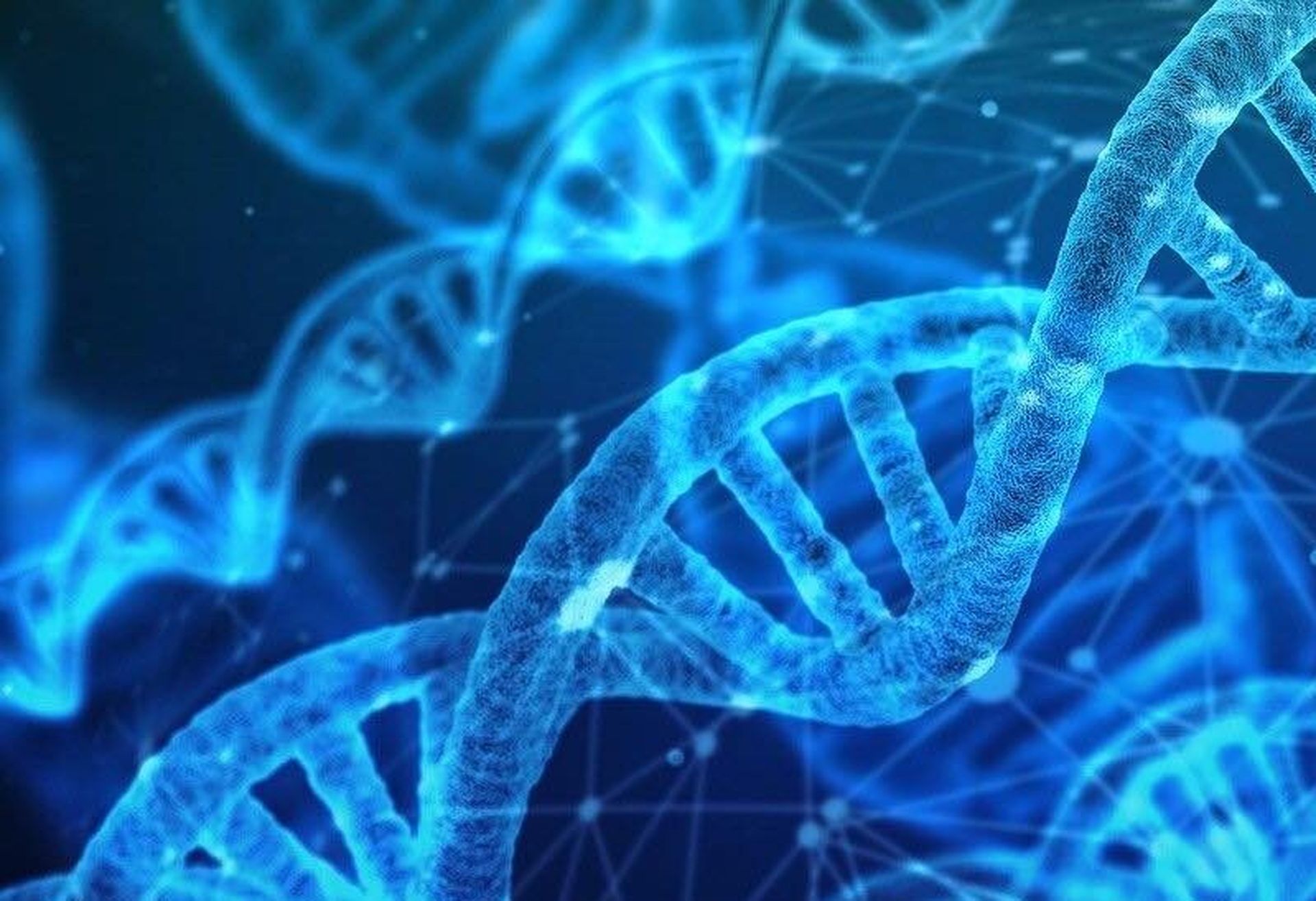Even something as seemingly innocuous as a genetic testing kit could pose a security risk to members of the military, top U.S. Department of Defense intelligence officials warned in an advisory.
Companies such as 23andMe and Ancestry that sell DNA testing tools to the public work by taking a cheek swab or saliva sample from consumers that contain information on their medical history, genetic ancestry and other personal details. The data, the Pentagon said, can put military members who purchase the service at a security risk, according to intelligence officers, Yahoo news reported. In some cases, genetic testing outfits have sold the information to third parties or shared it with law enforcement, ostensibly without permission from the buyers.
“It has come to the attention of the DoD that some direct-to-consumer (DTC) genetic testing companies are encouraging DoD personnel to purchase genetic ancestry and health information through the offering of military discounts or other incentives,” said the Dec. 20 alert signed by Joseph Kernan, DoD undersecretary of defense for intelligence and James Stewart, DoD assistant secretary of defense for manpower and reserve affairs.
The military’s problem with the consumer tests is that they’re not independently verified and could affect “readiness,” the memo said. “Exposing sensitive genetic information to outside parties poses personal and operational risks to service members,” the DoD officials wrote. Invalid results or inaccuracies present "more risk to military personnel than the public due to service member requirements to disclose medical information that affects readiness.”
The advisory appears to have been distributed widely within the DoD but not made public, the Yahoo report said.
"We want to ensure all service members are aware of the risks of direct to consumer (DTC) genetic testing," Cmdr. Sean Robertson, a Pentagon spokesman, told ABC News. "The unintentional discovery of markers that may affect readiness could affect a service member's career, and the information from DTC genetic testing may disclose this information."
Barring independent verification on the accuracy and reliability of the test results "it is advised that service members receive this information from a licensed professional rather than a consumer product," the spokesperson said.


